What does non-comedogenic mean in skincare products? Simply put, it means that they do not contain ingredients that can clog your pores.
Common comedogenic ingredients include coconut oil, wheat germ oil, cocoa butter, and SLS. These can clog your pores and may cause acne breakouts.
While non-comedogenic skincare products aren’t meant to treat acne, they can prevent the formation of comedones. These comedones can appear as blackheads, whiteheads, microcomedones, or macrocomodones — all of which can lead to inflamed acne.
Apart from preventing clogged pores, non-comedogenic skincare products can lead to many other skin benefits. Keep reading to learn more about the benefits of using non-comedogenic skincare in your daily routine.
9 Reasons to Use Non-comedogenic Skin Care Products
Comedones naturally develop whenever hair follicles on our skin become clogged. This is due to a buildup of excess sebum, dead skin cells, makeup, dirt, and other debris. However, the use of comedogenic skin care products may increase skin congestion.
Before you know it, the tiny comedones have transformed into inflamed acne. They’re painful, unsightly, and can affect the long-term condition of your skin.
Thankfully, there are non-comedogenic skin care products that help prevent your pores from clogging. As they help lessen breakouts, you’ll notice several other health benefits, including:
1. Lessen Acne Breakouts
Non-comedogenic products won’t heal your acne, but they won’t make it worse either.
Those with oily skin are more prone to acne due to excess sebum production. This can make them more prone to clogged pores compared to other skin types.
Using a non-comedogenic cleanser may lessen the formation of comedones and prevent any existing comedones from becoming full-blown acne. Thus, you can have fewer acne breakouts in the long run.
2. Smoother Skin Texture
As pores become clogged, they form comedones, which are tiny bumps across the surface of your skin. They’re not yet red or inflamed, so they don’t hurt. However, they can make your skin look bumpy and rough.
Non-comedogenic skincare products won’t congest your pores. Sebum and sweat can exit freely, which helps reduce the incidence of comedones. This helps keep your skin smooth and clear.
3. Brighten Skin Complexion
Acne-prone skin has a harder time shedding dead skin cells, leading to a less efficient cell turnover process. Your skin might look dull or lackluster as sebum, dead skin cells, and dirt build up in your pores.
Before resorting to expensive resurfacing treatments, consider a gentle, non-comedogenic exfoliant. It can help remove the accumulated buildup on your skin and promote cell turnover.
This helps resurface your skin, revealing a naturally brighter complexion and a more youthful glow.
4. Minimize the Appearance of Pores
If you always have clogged pores, your pores may be enlarged and appear more prominent. Non-comedogenic skincare products can help clear up your pores.
Specifically, a non-comedogenic serum helps target excess sebum production, another cause of large pores. Over time, you may notice that your pores look smaller.
5. Improve Skincare Results
Non-comedogenic products alone won’t make your acne-prone skin better. However, they can improve the efficacy of your skincare products. Since they won’t clog pores, active ingredients can penetrate your skin more effectively and yield better results.
For acne-prone skin, you may want to check out the following active ingredients in non-comedogenic skincare:
- azelaic acid
- benzoyl peroxide
- mandelic acid (AHA)
- salicylic acid (BHA)
- retinol
6. More Comfortable on the Skin
Non-comedogenic is not the same as oil-free. However, most non-comedogenic products will feature an oil-free formulation. This is because most oil-based products have been associated with acne.
A non-comedogenic moisturizer typically has a water base and/or a lightweight gel texture. It provides enough hydration but won’t feel heavy on the skin and won’t leave a greasy residue. This wears more comfortably, and you won’t have to worry about clogging your pores with heavy moisturizers.
7. For All Skin Types
Comedones are more common with oily skin types, but that doesn’t mean other skin types don’t experience them.
The good thing is that non-comedogenic skin care products can be used by all skin types. You just have to choose one that is formulated for your skin type.
For example, since dry skin types need a lot of moisture, they are better suited for heavier creams. A non-comedogenic variant means that they still won’t clog your pores despite having a thicker consistency.
8. Address the Underlying Cause of Acne
Non-comedogenic products can help lessen breakouts. But if you’re still experiencing acne, you may want to look at other potential causes.
Here are other common causes of acne:
- Diet – A diet high in fat, sugar, and dairy may promote acne.
- Hormones – Acne may be caused by hormonal changes in your body.
- Stress – Stress isn’t a direct cause, but it can make you more prone to stress eating.
- Lack of Sleep - Acne is indirectly associated with lack of sleep. It could be due to hormonal changes, including an increase in cortisol levels.
- Smoking – Smoking can cause non-inflammatory acne or worsen current acne breakouts.
- Improper Cleansing – Double cleansing can ensure that all makeup, oils, sweat, and dirt are washed off your face; washing your face too often without moisturizing can also lead to more acne.
You may also have bad habits such as constantly touching your face, picking at skin and popping pimples, or pressing your mobile phone against your face.
Other skin conditions may look like acne, such as contact dermatitis and milia.
9. Promote Long-Term Skin Health
If you’re constantly dealing with acne, your skincare regimen might be focused on treatment. Non-comedogenic products may help lessen breakouts and the skin issues that come with them, such as hyperpigmentation, scarring, and dullness.
Once acne is manageable, you can switch to a more preventive approach. You can focus on a regimen that maintains the long-term health of your skin.
Just as important in maintaining healthy skin, make sure to consult with your dermatologist regularly.
Is Your Skincare Non-comedogenic?
If you haven’t made the switch yet, learning about all the benefits of non-comedogenic skin care products may convince you.
If you have oily, acne-prone skin, non-comedogenic products can be a good starting point. This can help you identify and eliminate ingredients that trigger your skin.
However, keep in mind that every skin reacts differently. It’s still possible to experience breakouts when using non-comedogenic products. We recommend doing a patch test first to rule out potential allergic reactions or acne triggers.
Other skin types can benefit from non-comedogenic products as well. Since they usually feature gentle formulations, they’re less likely to irritate different skin types.
Always remember that the best skincare works for your skin’s needs! With non-comedogenic skincare products, you may be one step closer to achieving your perfect routine.



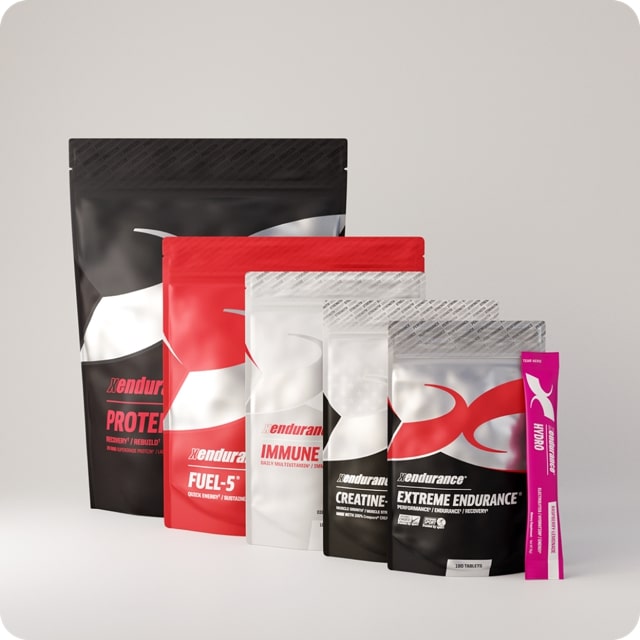
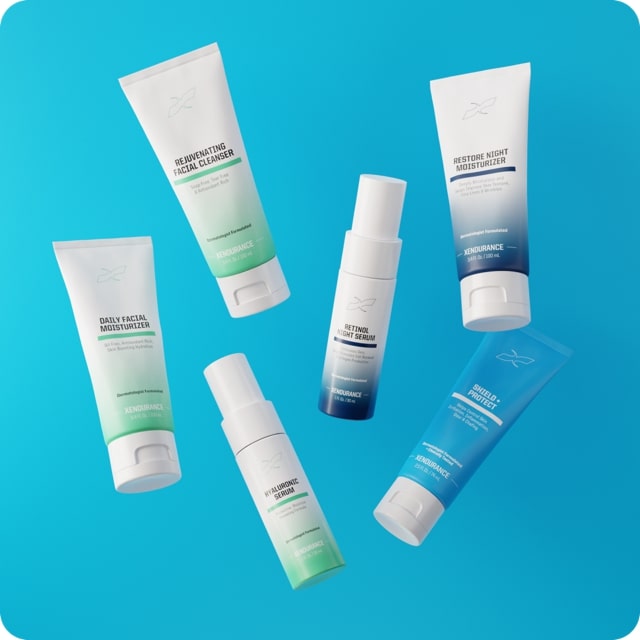
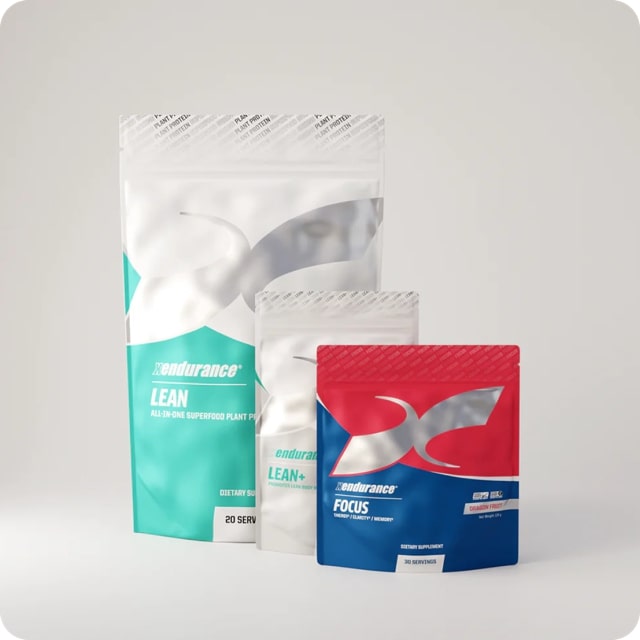

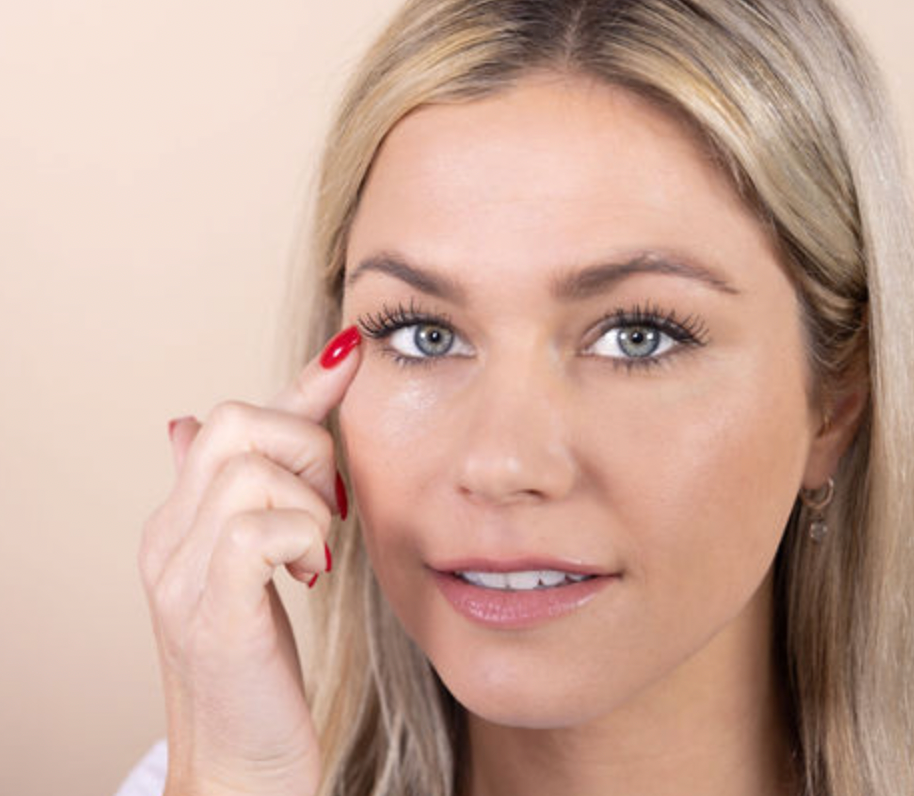
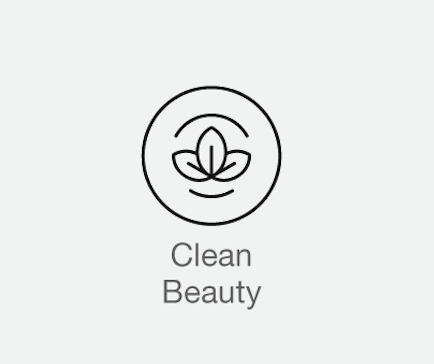

Leave a comment
This site is protected by hCaptcha and the hCaptcha Privacy Policy and Terms of Service apply.